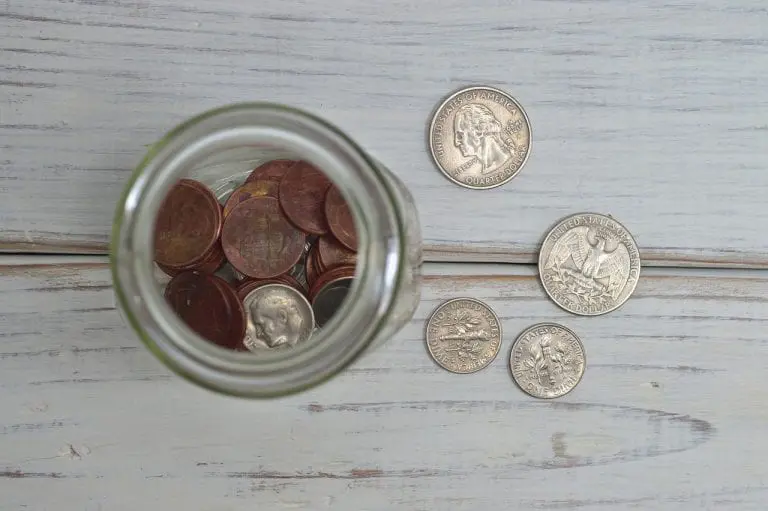Preparing for Seasonal Changes in Your Budget

The holiday season is a time of joy, family togetherness, and lasting memories. Higher bills can put a damper on even the most festive spirit, though. No matter how frugal you are, the winter season puts a kink in nearly every budget. Overcome higher bills by preparing now for the seasonal changes headed your way.
1. Plan for Gift Giving
The average person spends around $1,007.24 per year on holiday giving – up 4.1 percent in the last year. There are a number of ways you can reduce those costs, including shopping sales throughout the year and reducing your shopping list. However, planning for the extra expenses of gift giving allows you to stick to a budget.
Start by figuring out how much you spent last year and set a budget based on any changes in costs, the number of family members and personal choices on a budget. Once you have a fixed amount for gift giving, divide that number by 11 and save for December throughout the year. If you plan to spend around $1200, then you’d put aside a little over $100 per month, for example.
2. Prepare for Rising Heating Costs
The cost to heat your home varies depending upon how cold the winter is that year and the cost of the fuel itself. When the weather is particularly cold, the demand for oil rises and so do prices. You can’t control what the supply and demand might be any given year, but you can plan for higher heating costs in a couple of ways.
First, beef up your energy efficiency. Add insulated curtains and seal any major leaks. Second, talk to your energy company about what budgeting options they offer. Some energy companies offer a discount at certain times of the day during peak seasons and others allow you to set up a standard bill for all 12 months rather than being faced with a huge bill in cold weather.

Source: http://www.smarttouchenergy.com/resources/why-do-oil-prices-rise-and-fall
3. Start an Emergency Fund
If you don’t already have an emergency fund, you should get one in place. An emergency fund helps to cover those unexpected expenses you weren’t planning on but can blow your budget. A huge ice storm hits and one of your gutters is clogged. The result is a damaged roof that needs repaired immediately. If you have an emergency fund, you’ll have the funds to repair the damage. However, you can also use your emergency fund for things such as that last minute bill you didn’t realize you were getting, travel to visit an ailing relative or a gift for someone important in your life that you forgot when shopping.
4. Take a Seasonal Job
During the holidays, businesses hire extra seasonal staff. The holiday season is a good time for you to bring in a little extra income as well to cover those extra seasonal expenses. One idea is to take on a cashier position at a local retail store. You’ll likely receive an employee discount as well, which means you’ll save money on the gifts you purchase and lower that expense.
5. Plan for Illness
As we head into fall and winter, the incidences of seasonal colds and the flu ramp up. If you aren’t opposed to vaccines, get a flu shot before flu season hits. Start focusing on consuming foods and a multivitamin that ramps up your immunity. Wash your hands often and cover your face in waiting rooms to avoid germs.
The more sick days you have to take, the more it’s likely to impact your pay. Stay healthier and avoid days off due to illness.
Find Joy in the Season
For those who are very budget conscious, the holidays may be something they dread. The costs seem almost overwhelming to those on an extremely tight budget. Plan ahead, spend only what you can afford and remember to find joy in spending time with those you love most. People won’t remember that you bought them a small, inexpensive gift but they will remember the time you spent with them and how much fun you had together.









